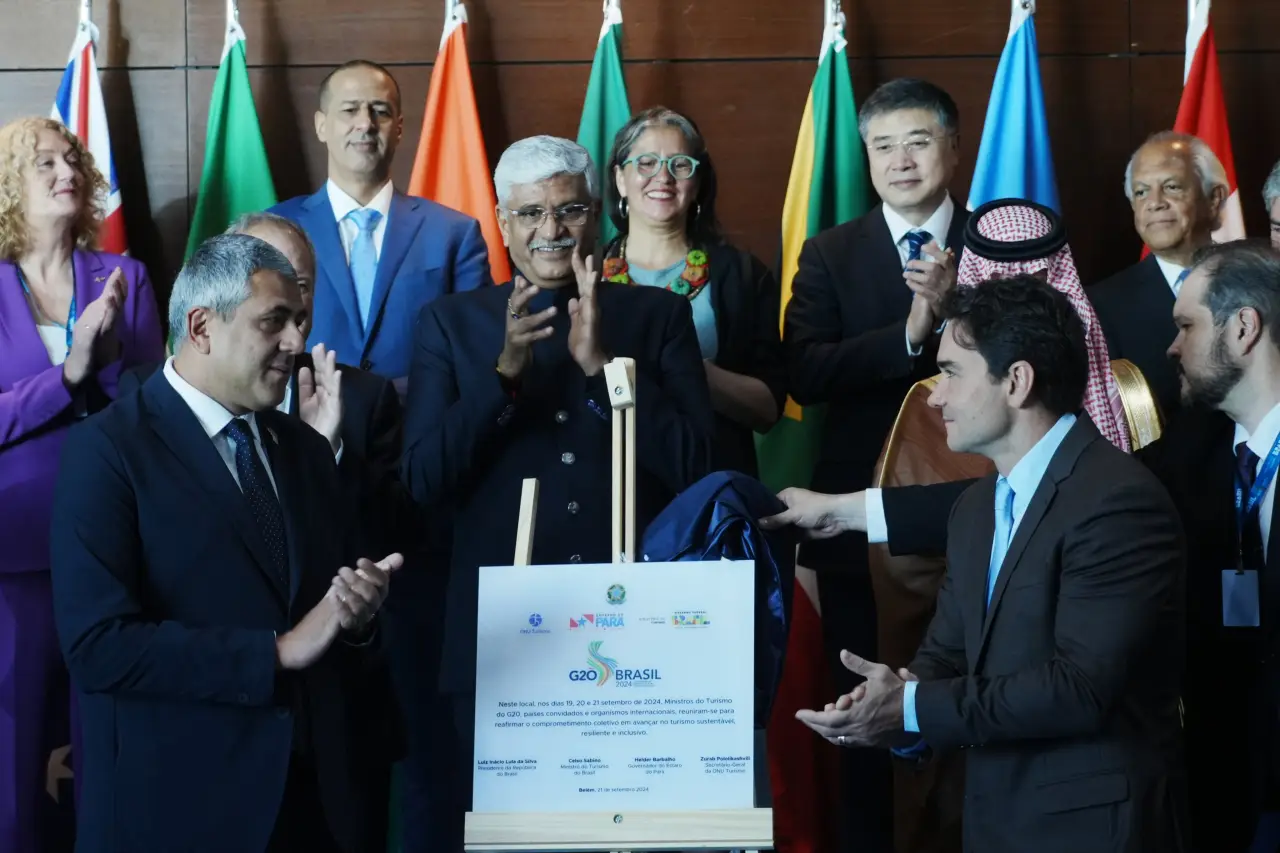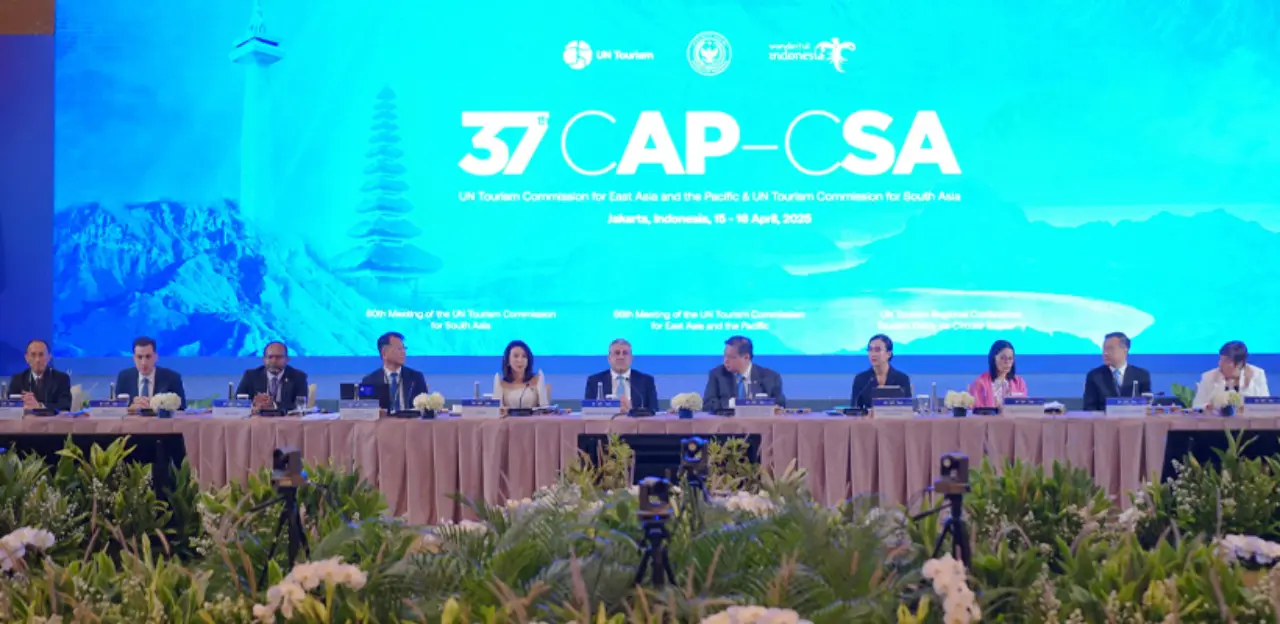The G20 economies have a crucial role in driving sustainable transformation in the tourism sector, according to UN Tourism.
Speaking at the recent G20 Tourism Ministers meeting in Belém, Brazil, UN Tourism Secretary-General Zurab Pololikashvili emphasized the need for tourism to embrace its potential in creating a fairer and more sustainable future for both people and the planet.
Pololikashvili highlighted the sector’s recovery, noting that global tourism is set to reach pre-pandemic levels by the end of 2024. As tourism rebounds, the focus must shift to fostering inclusion, empowering local communities, combating climate change, and prioritizing nature-positive actions. “Tourism heavily depends on biodiversity, climate stability, and natural resources,” said Pololikashvili.
“Accelerating climate action in tourism is critical for the resilience of the sector and host communities.”
Brazil’s leadership in promoting inclusion and sustainability through the G20 Presidency received particular praise. The country’s Minister of Tourism, Celso Sabino, affirmed these priorities in the Belém Declaration, stressing a collective commitment to building a more sustainable, resilient, and inclusive global tourism industry.
Future of Tourism Tied to Skills and Climate Action
At the G20 meeting, UN Tourism stressed the critical importance of education and skills for the future of the sector and its transformation. “ILO data shows that around 880,000 tourism jobs annually will require specialized training until 2030 and that 25% of tourism stakeholders report significant shortages in skilled employees, particularly in customer service and managerial roles,” Mr Pololikashvili noted.
The Secretary General also recalled the role tourism can have in development and welcomed the G20’s tourism focus on financing for development.
“For many developing countries, including Least Developed Countries and Small Island Developing States, tourism is a major source of employment, foreign exchange earnings and tax revenues. Yet, the sector continues to be overlooked as a tool for development, with the total Official Development Assistance disbursements for tourism remaining below 0.25% of total ODA.” he said.
Secretary-General thanked and commended the Belem Declaration adopted by the G20 Tourism Ministers which highlights the Statistical Framework for Measuring the Sustainability of Tourism (SF-MST) as a tool to produce credible, comparable, and integrated data on tourism’s economic, social, and environmental impact as well as the G20 Tourism and SDGs Platform developed by the G20 Tourism in collaboration with UN Tourism.
G20 economies: Tourism powerhouses
The G20 economies represent over 70% of all international tourist arrivals and receipts generated worldwide and 82% of tourism’s global GDP. In 2023, the sector accounted directly for 3.1% of the GDP of the G20, 5% of all exports of the group and 23% of all its service exports.
International tourism recovered 97% of its pre pandemic levels in the G20 economies in the seven months 2024. G20 tourism direct GDP value recovered fully already in 2023 at US$ 2.8 trillion.














